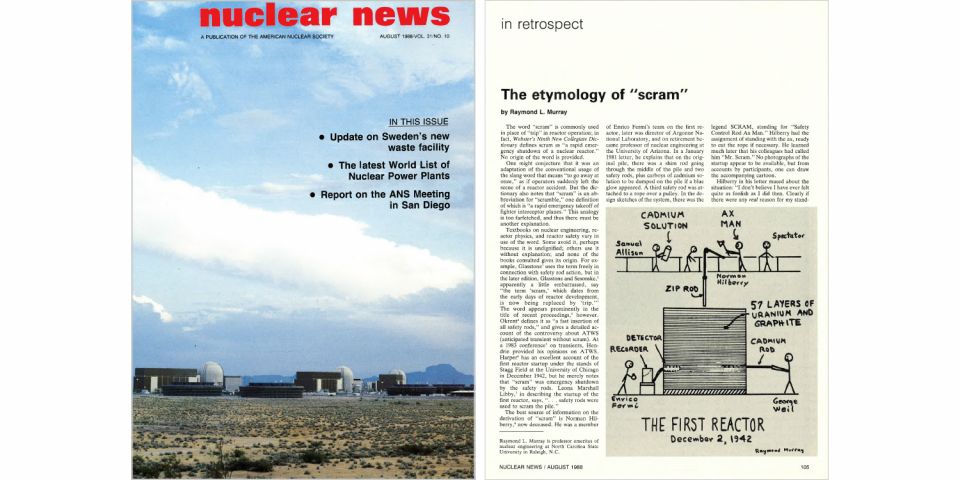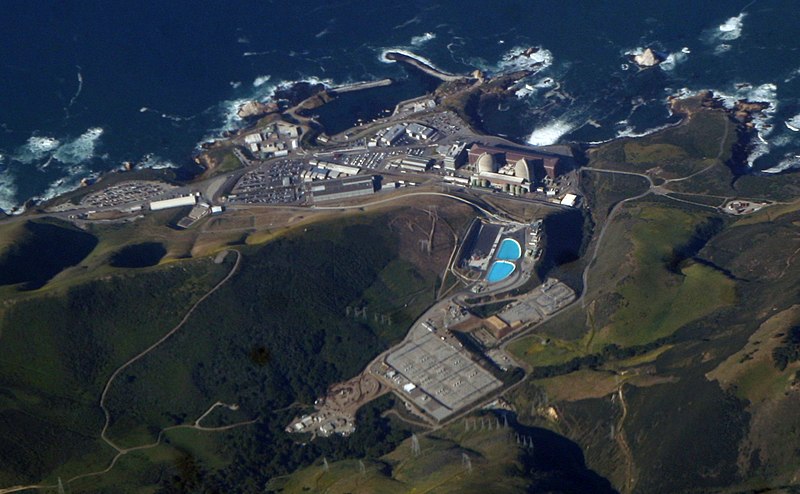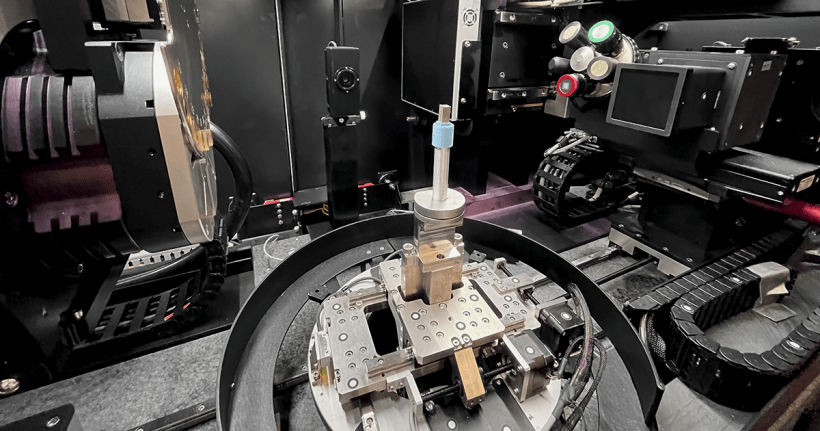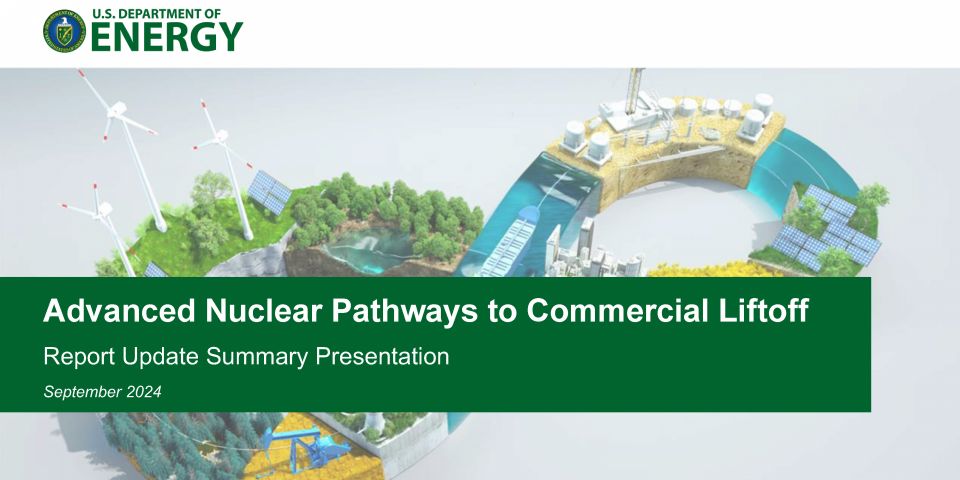The New Yorker profiles environmentalists in favor of nuclear
An article published by The New Yorker profiles how Heather Hoff and Kristin Zaitz went from environmentalists who were skeptical, and even distrusting, of nuclear power to advocates for the much-maligned power source.
Unlikely advocates: According to the article, Hoff grew up in an unconventional family that lived in a trailer with a composting toilet. She considered herself an environmentalist and took it for granted that environmentalism and nuclear power were at odds.
Zaitz also came from a background that led her to distrust nuclear power. The article states that she grew up in an environmentally minded family and a left-leaning social circle. Zaitz said that when she thought about the Diablo Canyon plant, she imagined the rat-infested Springfield nuclear power plant on The Simpsons, where green liquid oozes out of tanks.
Even though they both grew up with a distrust of nuclear power, they applied for and accepted jobs at the plant. Hoff, who had a bachelor’s degree in mechanical engineering, started as a plant operator, and Zaitz, a civil engineer, conducted structural analyses of the plant.
The conversion moment: At first, Hoff and Zaitz were skeptical and didn’t fully trust the safety systems in place at the plant. However, they slowly came to realize how safe the plant was. Hoff, the article says, began to believe that nuclear power was a safe, potent source of clean energy with numerous advantages over other sources. “Eventually, she began to think that fears of nuclear energy were not just misguided but dangerous,” the article states. “Her job no longer seemed to be in tension with her environmentalist views. Instead, it felt like an expression of her deepest values.”
Eventually, like Hoff, Zaitz began to change her thinking. After working at the plant for a few years, first conducting structural analyses and then managing projects at the plant, Zaitz came to realize the safety of nuclear power plants. “What we were doing actually aligned with my environmental values,” she said. “That was shocking to me.”
How it all started: After watching Pandora’s Promise, a 2013 documentary about nuclear power that featured nuclear advocate Michael Shellenberger, Hoff invited him to give a talk to plant employees. After hearing him talk about Diablo Canyon’s essential role in meeting California’s climate goals, Hoff and Zaitz decided to team up. They organized a series of meetings at a local pipe-fitters’ union hall and wrote letters to state legislators. The two quickly realized that the issue was bigger than just Diablo Canyon, and they decided to take their grassroots effort nationally. The article says, “They wanted to correct what they saw as false impressions about nuclear power—impressions that they had once had themselves—and to try to shift public opinion.” They would show that it’s okay to be in favor of nuclear, Zaitz said—that, in fact, if you’re an environmentalist, you should be out there rooting for it.” So they created a new organization called Mothers for Nuclear in the hopes they can make the case that nuclear power is integral to the country’s need to decarbonize.
The article goes on to discuss a whole range of pronuclear and antinuclear organizations and a handful of other “conversions” of antinuclear environmentalists. The article ends with a look at some of the current events that prove the need to reinvest in nuclear power, such as the COVID-19 pandemic, the intense wildfires in the western United States, and the rolling blackouts in California (and now most recently in Texas).
The article concludes that to be pronuclear is to believe “in the peaceful splitting of the atom [as] an energy source that has been steadily providing low-carbon electricity for decades—doing vastly more good than harm, saving vastly more lives than it has taken—but which has received little credit and has instead been maligned.” Hopefully, these grassroots efforts can help turn the tide in public perception.







